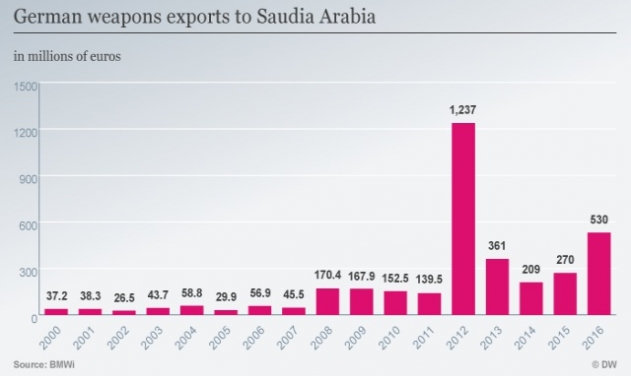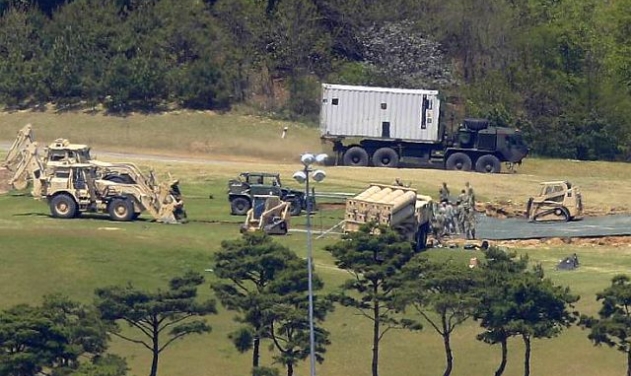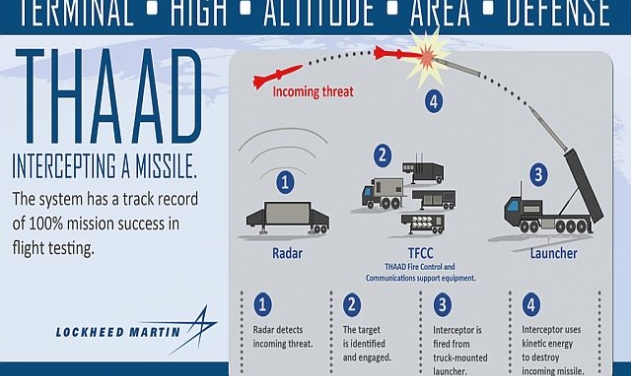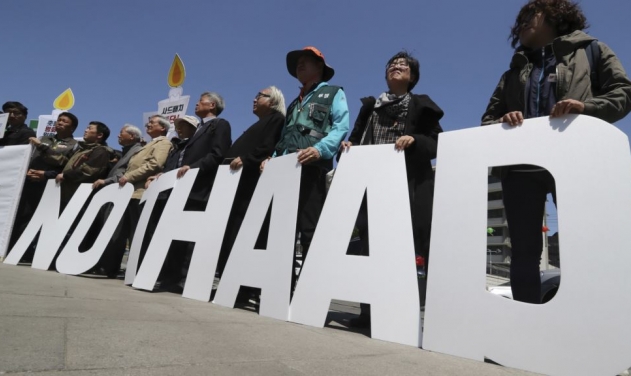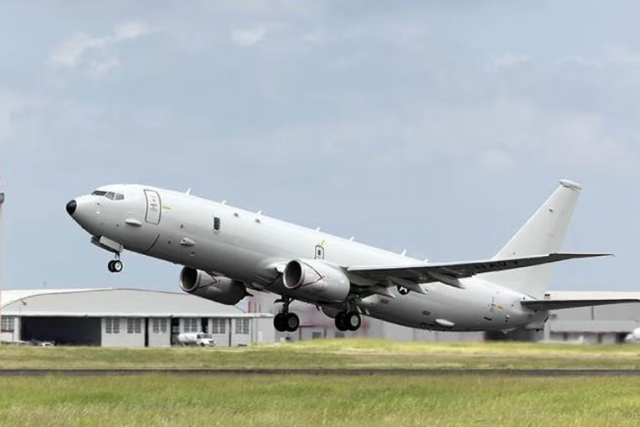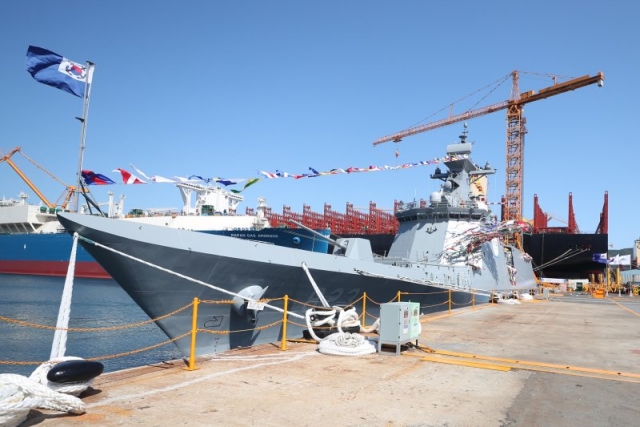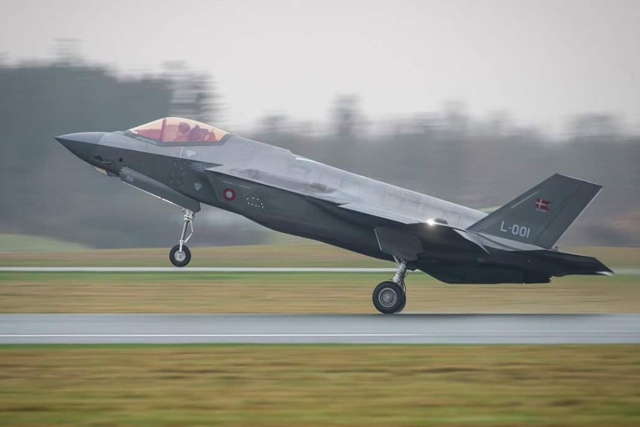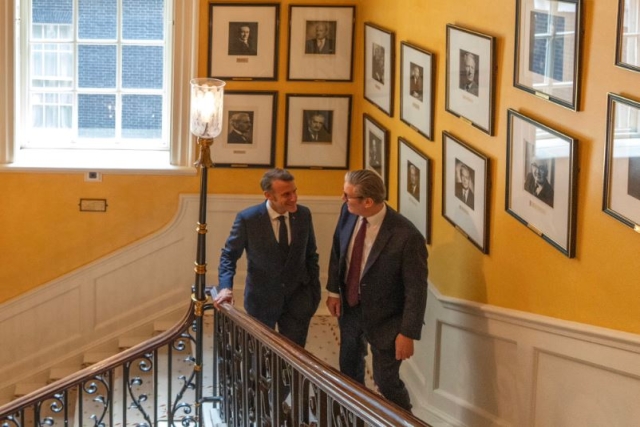Lockheed Banking on Saudi THAAD Sale After losing $12 Billion Deals to Boeing

Disappointed at losing three large US DoD arms deals worth $12 billion to Boeing, Lockheed Martin is counting on a potential Terminal High-Altitude Area Defence (THAAD) sale to Saudi Arabia worth $15 billion to increase its sales and profits.
The US Navy awarded Boeing a $2.38 billion contract to replace the Air Force’s H-1 Huey helicopters and a $9.2 billion T-X trainer jets deal besides an $805-million contract this year to build the first four unmanned carrier-based aerial refueling tankers, the MQ-25A Stingray. Lockheed Martin was a contender in all three contracts.
In a conference call with Wall Street analysts yesterday, Lockheed Martin CEO Marillyn Hewson, said that the Pentagon preferred affordability over technical offerings. “Had we matched the winning prices and been awarded the contracts, we estimate that we would have incurred cumulative losses across all three programs in excess of $5 billion,” she added.
Bruce Tanner, Lockheed Martin’s chief financial officer said during the call, “the largest order we’ve been waiting on obviously is for THAAD. That has not taken place yet. Not sure when that will take place. The interesting thing with the THAAD order is, while it brings a significant increase in backlog, the resulting sales, profit, and cash flow are very much pushed to the right.”
The US State Department had approved a $15 billion deal in October 2017 for Saudi Arabia to purchase 44 Terminal High THAAD launchers and 360 missiles, as well as fire control stations and radars. In the ensuing months, the Trump administration has been pressuring Saudi King Salman to conclude the deal with the US President even stating that the King would not last for two weeks without US support.
However, defence industry sources suggest that Saudi Arabia is having second thoughts about buying the THAAD as recent missile attacks by Yemen based Houti rebels require a missile defence system capable of shooting down low-altitude, shorter range missiles. The THAAD affords defence against long range ballistic missiles which none of Saudi’s adversaries in the region have.
It is for this reason that Riyadh has entered into a memorandum of understanding with Russia to buy its S-400 system which can defend against short and medium range missiles besides fighter jets.
As Saudi Arabia has so far not signed up to buy the THAAD it is under no commitment to pay up for the Lockheed-made system.
